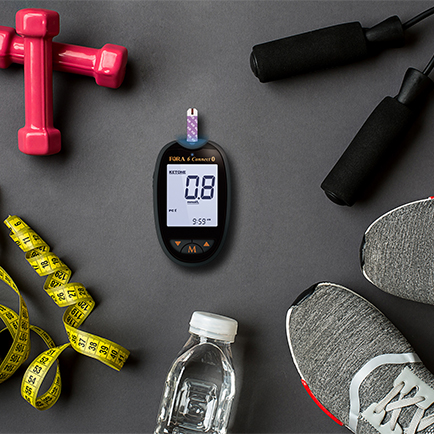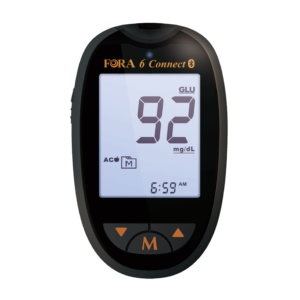Patient Education On Diabetes

Diabetes disturbs the way your body utilizes glucose and stores and processes other forms of energy, such as fat. Every cell and tissue of your body requires glucose (sugar) as an energy source to function properly. When you have type 2 diabetes, your body does not respond to or become resistant to insulin – a hormone that carries glucose into the cells. Over time, the pancreas stops making enough insulin to keep up with your body’s needs.
People often get scared or confused when they’re diagnosed with diabetes. So, it is important to educate patients about the condition and how they can manage the condition with both medications and lifestyle changes.
Why is Patient Education on Diabetes Important?
Preventing the risk of diabetes complications is one of the most important aspects of educating diabetic patients. Especially if you have been diagnosed with prediabetes, you should better understand your increased risk of diabetes mellitus and cardiovascular diseases. Besides counseling, regular follow-up and annual monitoring are a must for lowering the risk of diabetes-associated health complications.
Diabetes educators can also teach, guide, and coach patients to understand what diabetes is, how it affects their everyday life, and what they can do to improve their health.
How Does Diabetes Education Help You?
Many patients, when they are diagnosed with diabetes, often have the following question: “what can I eat?”. Patient education on diabetes can help you answer all these questions, including your lifestyle modifications and dietary changes. Patients living with diabetes can receive their knowledge about diabetes from their healthcare professionals. But they can also receive special training from registered nurses, dieticians, and pharmacists.
Patient education on diabetes helps you:
– Work with your healthcare professional to get the support you need.
– Make better decisions about managing your diabetes.
– Make informed self-management choices and develop problem-solving skills.
– Monitor blood glucose and accurately read the results.
– Develop skills for managing stressful situations.
– Understand your diabetes medications, how they work, their side effects, and the prescribed dosage.
– Adopt healthy habits, including weight loss strategies, diet planning, and nutrition education.
– Understand how to correctly use diabetes devices, including insulin pens, blood glucose meters, and insulin pumps.
Understanding How To Care For Yourself:
When you start learning about diabetes mellitus, you also have to understand that you have to take care of yourself to cope with the disorder. This is how you can take care of yourself:
1. Controlling Your ABCs:
ABCs are the most important to learn when you have diabetes. ABCs include your A1C, blood pressure, and cholesterol that need to be controlled to prevent the risk of diabetes complications.
2. Medicines:
Taking medicines regularly is crucial for lowering your blood sugar levels. But people with diabetes also need to take medicines for high cholesterol and high blood pressure to reduce the risk of heart problems.
3. Lifestyle Changes:
Changing the way you live has a huge impact on your health and ABCs. You can lower your blood sugar levels and even reverse diabetes by modifying your lifestyle, such as being active throughout the day, eating a balanced diet, taking your medications, ceasing smoking, and sleeping for 6-9 hours.
Conclusion:
If you have diabetes, you probably know how hard it can be to live with this disorder. To reduce the risk of diabetes complications, it is important for patients to have extensive knowledge about diabetes and its management. Patient education on diabetes guides people to self-manage the condition, monitor their blood glucose and cholesterol, and modify certain lifestyle habits.

ForaCare offers the FORA 6 – the only glucometer that measures blood glucose, total cholesterol, and multiple other parameters ideal for diabetes management.
The FORA 6 offers clinically-validated accuracy, the capacity to measure multiple parameters that contribute to comprehensive diabetes treatment, and Bluetooth connectivity to iFORA app.